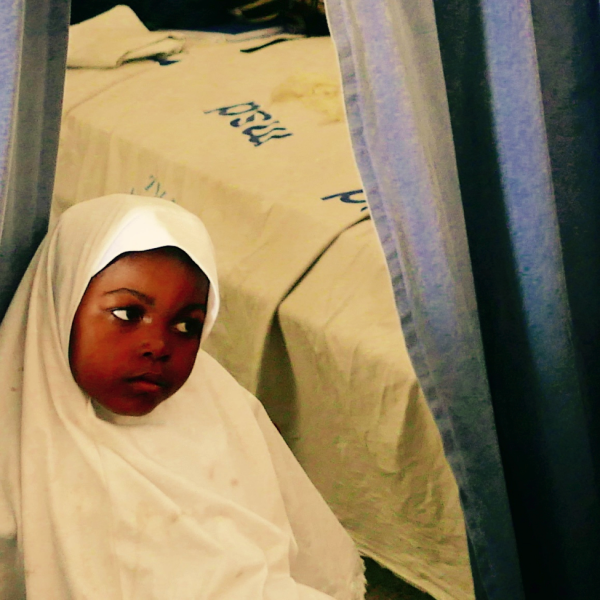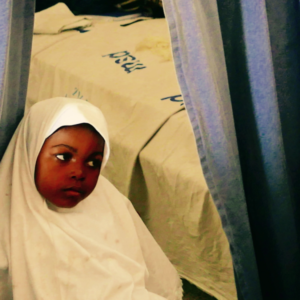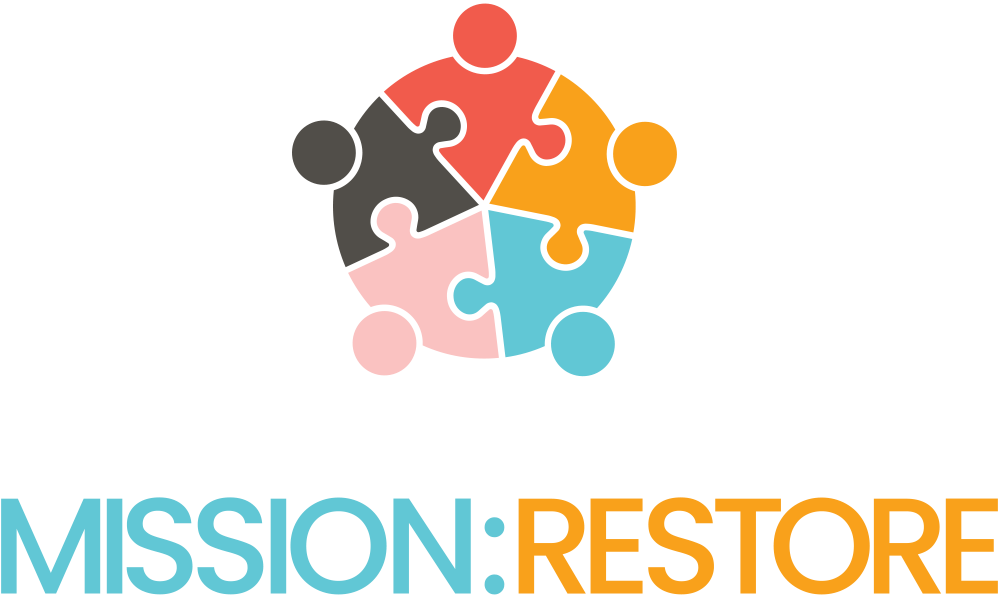
By Matthew O’Brien
On a tour of the Mnazi Mmoja Regional Referral Hospital in Zanzibar last moth, one of Mission: Restore’s partner surgeons pointed to a burn unit overflowing with young children. During the month of Ramadan, he said, the burn unit is usually over capacity due to the increased prevalence of burns caused by cooking accidents.
Pediatric burn injuries are a major cause for concern in many lower-income countries and are often associated with meal preparation. The use of open flames, floor-level cook surfaces, and food preparation areas that are not separated from common areas of the home all make pediatric burns more common, especially for the poor. During Ramadan, those risks are amplified. Many point to the the preparation of the evening meal as the reason for the uptick in burns during the holy month. That meal, called iftar, typically includes a variety of dishes which families gather to eat together as they break the daily fast. In many instances, a house full of family, the task of cooking many different foods, and the evening prayers cause caretakers to become distracted and for children to come into contact with hot surfaces, food, and flames

In one such incident, Ahlam, a toddler living in Zanzibar, Tanzania, was severely burned on her left hand when she inadvertently dipped it into a pot of ugali, a staple porridge in the region that her mother was preparing for iftar. She was brought to Mnazi Mmoja Regional Referral Hospital in Zanzibar’s capital, where she was treated for the burn over the course of one month. Once she returned home, her parents were tasked with continuing to change her bandages and to return her to the hospital for follow-up visits, a process that proved too expensive to maintain. While the burn did eventually heal, Ahlam’s hand was left with her 4th and 5th fingers fused and unable to extend from the palm due to thick scar tissue known as a burn contracture.
In December, 2015, 4 years after her original injury, Ahlam returned to Mnazi Mmoja to undergo surgery to release the burn contracture and restore function to her left hand. The surgery was part of a Mission: Restore surgical training wherein Zanzibari surgeons operated alongside American plastic surgeons. Through the training, those local surgeons not only repaired the damage to Ahlam’s hand, but they also learned the skills necessary to perform similar procedures in the future.
Fortunately, Ahlam’s hand was back in working order at a follow-up visit in June, 2016! But, many other children remain at Mnazi Mmoja recovering from burns sustained during the month. While Ramadan has come to an end, the burns that occurred during the month will continue to impact those effected for years to come. However, simple strategies, such as keeping children out of areas used for cooking, serving children rather than having them reach for hot food themselves, and using elevated cook surfaces, can be effective at reducing the risk of burns throughout the year and especially during the holy month of Ramadan.

